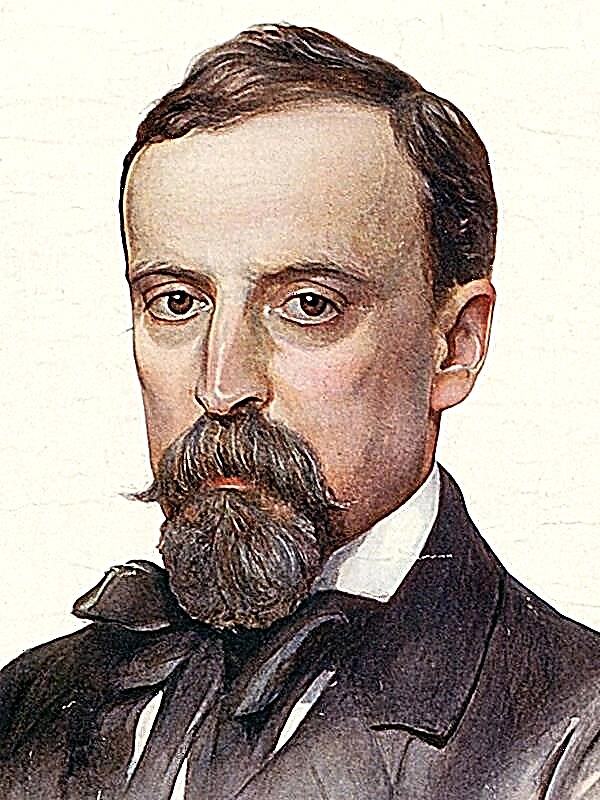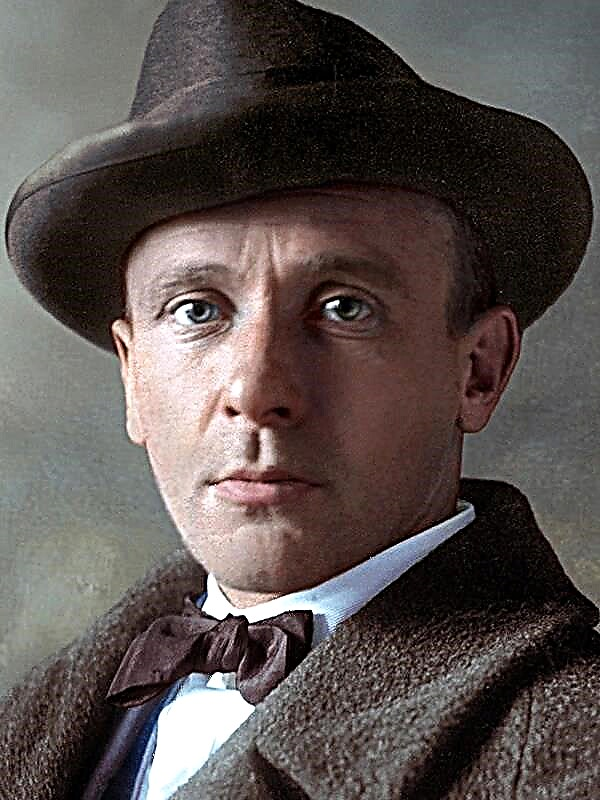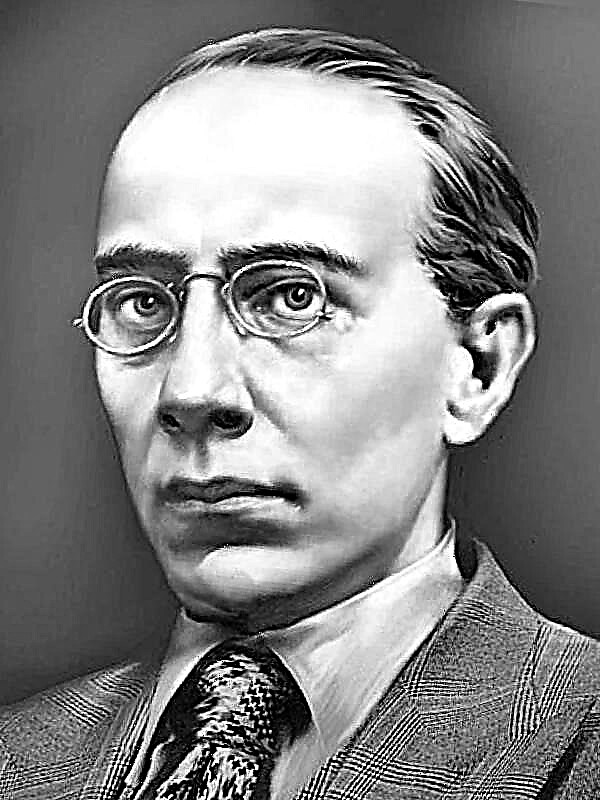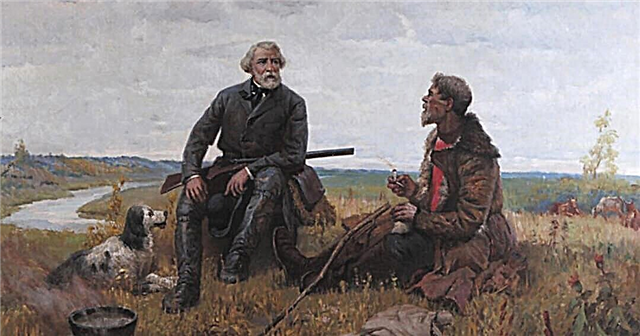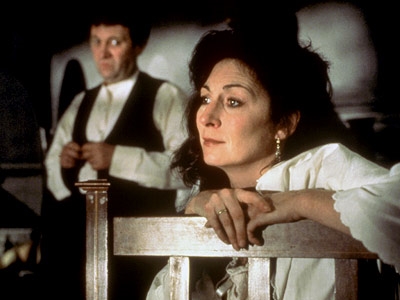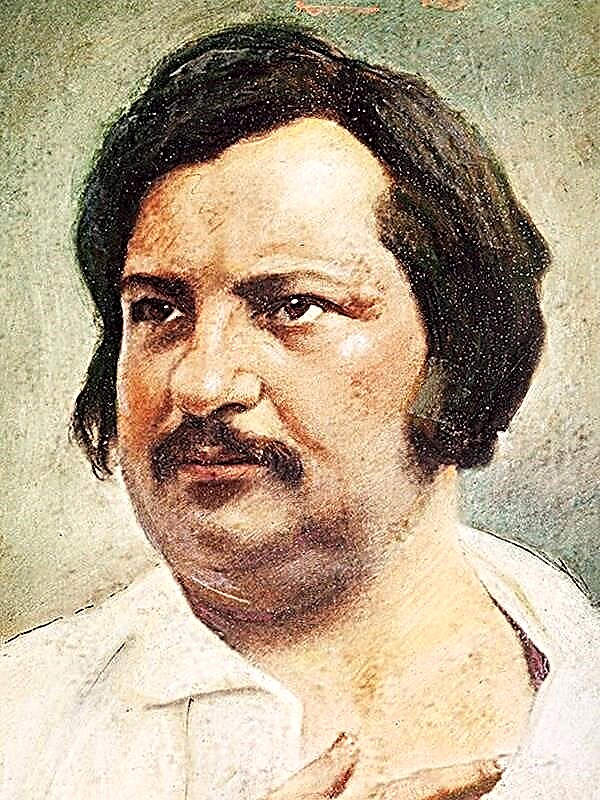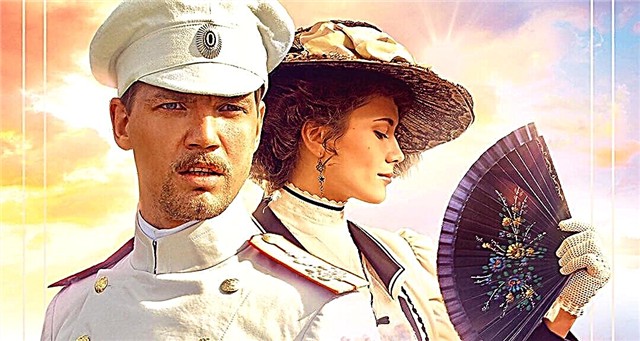Marusya Tatarovich is a girl from a good Soviet family. Her parents were not careerists: the historical circumstances of the Soviet system, destroying the best people, forced her father and mother to occupy vacant places, and by the end of their work biography they were firmly established in the nomenclature of the middle management. Marusya had everything for happiness: a piano, a color TV, a policeman on duty at the house. After graduating from school, she easily entered the Institute of Culture, was surrounded by fans corresponding to the rank. The retribution for family happiness fell on the Tatarovich in the person of a Jew with a hopeless surname Tsehnovitser, whom Maroussia fell in love with in the nineteenth year. Parents did not consider themselves anti-Semites, but to imagine their grandchildren as Jews was a disaster for them. With incredible efforts they “switched” Marusya to the son of General Fedorov, whom she also fell in love with. The young people got married. Dima Fedorov was a pedant and quickly tired of Marusa. Out of boredom, she began to change him inaudibly and continuously. Soon the young couple divorced. Maroussia again became a bride, a girl from a good family. She fell in love with the famous conductor Kazhdan, then the famous artist Sharafutdinov, then the illustrious illusionist Mabis. All of them left Marusya. At the same time, only one Kazhdan delicately left her life: after poisoning with lampreys, he died. The behavior of the others was somewhat like fleeing.
By this time, Marusa was under thirty. She became worried, realizing that she was still two or three years old, and it would be too late to give birth. And then on its horizon appeared the famous pop singer Bronislav Razudalov. Maroussi got something like a civil marriage with him. They went on tour together, Maroussia led concerts. Soon, not without reason, she began to suspect Razudalov of adultery. Friends joked: “Razudalov wants to fuck everything that moves ...” Marusya thought for the first time: how to live on? Pleasures gave rise to guilt. Selfless actions were rewarded with humiliation. It was a vicious circle ... A year later, a boy was born to her. Razudalov went on tour. Conscious of the next betrayal, he justified himself: “Understand, I as an artist need an impulse ...” Marusya was completely desperate.
Then, as in a fairy tale, Ciechnovice appeared. He let Marusa read the Gulag Archipelago and urged her to emigrate. Many were leaving at that time. Having survived a dramatic explanation with her parents, Maroussia fictitiously registered with Tsehnovitser. Three months later they were in Austria. "Spouse" went to Israel. Waiting for an American visa, after just sixteen days, Maroussia landed at Kennedy Airport. Son Levushka, seeing two blacks, burst into tears. Marusya was met by a cousin of Laura’s mother and her husband Fima. Marusya and her son settled in with them. Leo was identified in kindergarten. At first he cried. A week later he spoke in English. Maroussia began to look for work. Advertising of jewelry courses attracted her attention - knowledge of the English language was not a necessary condition. And Marusia understood the jewels.
New York inspired Maruse with a feeling of annoyance and fear. She wanted to be self-confident, like everyone else, but she only envied the children, the poor, the cops - everyone who felt like part of this city. Classes on courses ceased soon. Maroussia dropped a hot brass plate into her boot, after which she went home and decided not to return. So she became a housewife.
The male part of the Russian colony reached for her like flies on honey. Dissident Karavaev invited her to fight together for a new Russia. Maroussia refused. Publisher Drucker also called for a struggle - for the unity of emigration. Taxi drivers acted more decisively: Pertsovich called for a ride somewhere in Florida. Yeselevsky offered a cheaper option - a motel. Being rejected, they seemed to breathe a sigh of relief ... Baranov behaved best of all. Earning seven hundred dollars a week, he proposed to give one hundred of them to Marusa just like that. It was even beneficial for him: he would drink less. Religious leader Lemkus presented the Bible in English, promising good conditions in the afterlife. The owner of the Dnipro store Zyama Pivovarov whispered: “Fresh buns were received. An exact copy - you ... "The days were the same, like bags from a supermarket ...
By this time, the author of the story is already familiar with Marusya Tatarovich. She lives in a rented empty apartment, almost always without money. Once Maroussia calls the author and asks to come, complaining that she was beaten by a new fan, the Latin American Rafael, Rafa. They began to live a strange and stormy life: Rafa either disappeared, then appeared, where he took the money from, it was not clear, because all his enrichment projects were pure nonsense. Maroussia considered him a complete fool, who only had a bunk on her mind. True, he adored her son Levushka, with whom he felt on an equal footing. When the author comes to Marusa, he catches her with a black eye and a broken lip. Maroussia complains about her boyfriend, and he himself soon comes - all bandaged, smelling of iodine. The circumstances of the quarrel are evident: Rafa defended himself against the angry Marusi. Arousing sympathy, if not pity, then he looks at Marusya with devoted and brilliant eyes. For a bottle of rum, in the presence of the author and on his advice, Maroussia and Rafa are reconciled.
The women of the Russian colony believed that in the Marusin position it was necessary to be miserable and dependent. Then they would sympathize with her. But Maroussia did not make an impression of being clogged and humiliated: she drove a jeep, spent money in expensive stores. For her birthday, Rafa gave her the parrot Lolo, who ate sardines. “A hundred times I became convinced that poverty is an inherent quality. Wealth too. Everyone chooses what he likes best. And strangely enough, many prefer poverty. Raphael and Musya preferred wealth. ”
Maroussia suddenly decides to return to her homeland. But communication with officials of the Soviet consulate cools her ardor. The final point in her doubts is the arrival in America on the tour of Razudalov: this messenger of the past is afraid to meet his own son.
The whole Russian colony is going to the wedding of Marousi and Rafa. Numerous relatives of Rafa ride on a limousine, intended for the groom as a gift. The bride is prepared serenade. Among the gifts - a white double bed and a welded cast-iron cage for Lolo. Everyone is waiting for a living author, at the sight of whom Maroussia is crying ...


